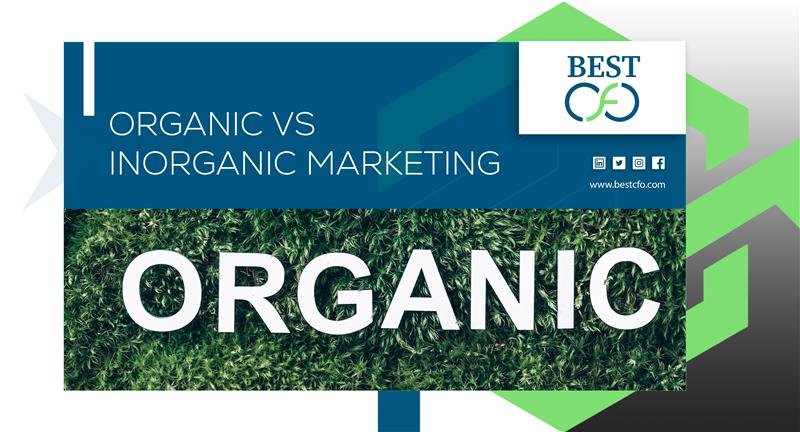
| Getting your Trinity Audio player ready... |
How Do Marketing Agencies Make Money?
Marketing agencies help businesses grow by creating and running campaigns, managing online presence, and improving customer engagement. As more companies go digital, these agencies have become vital partners in business success.
If you’re thinking of hiring a marketing agency or starting your own, it’s important to understand how they make money. From pricing plans to service bundles and new trends, knowing the ways agencies earn helps clients make better decisions and gives future agency owners a clearer path. In this blog, we’ll talk about their income methods, how they grow, and the common roadblocks they face.
Core Revenue Models for Marketing Agencies
Service-Based Pricing
Marketing agencies often charge clients based on the work they do. Here are some common ways they set prices:
- Hourly Rates: Agencies may bill for each hour spent on tasks like content marketing, strategy building, or SEO/SEM.
- Project-Based Fees: Some jobs have a fixed price. For example, designing a website or setting up a digital campaign might come with a flat fee.
- Retainer Agreements: Clients pay a set monthly amount for ongoing help. This might include services like social media management, content updates, or regular SEO work.
Performance-Based Models
Some agencies only get paid if they deliver results. This model ties income to how well a campaign works.
- Commission-Based Pricing: Agencies earn a percentage of what the client spends on ads—often between 10% and 20%.
- Revenue Share Models: Agencies get a portion of the sales their campaigns bring in. This is common in online stores.
- Pay-for-Results: Clients only pay when goals are met. For example, an agency may charge only if they bring in a set number of leads or sales.
Additional Income Streams
Agencies often grow their earnings by offering more services or working with partners.
Upselling and Cross-Selling
Agencies increase income by suggesting more services to existing clients.
- For instance, if a client signs up for SEO, the agency might offer email marketing too.
- They might also bundle services together, like combining content creation, SEO/SEM, and social media into one package.
White-Label Services
Some agencies provide their skills behind the scenes to other marketing companies. These are called white-label services. For a fee, one agency does the work, and another sells it under their own name.
Affiliate Partnerships
Agencies also earn by promoting useful tools. When they suggest things like CRM systems or hosting platforms and a client signs up, the agency gets a cut. These affiliate partnerships help add steady income.

Digital Product Sales
Selling templates, training courses, or software is another way to make money. These digital product sales can bring in income without much extra work once the product is created.
Scaling Revenue: Strategies for Growth
Marketing agencies grow their income by gaining more clients, keeping current ones happy, and working smarter.
Client Acquisition & Retention
Getting new clients and keeping the old ones is a balancing act.
- They often offer loyalty deals or pricing plans that reward long-term clients.
- Keeping a client is usually cheaper than finding a new one, which lowers Client Acquisition Cost (CAC).
Niche Specialization
Focusing on a specific industry—like healthcare or software—lets agencies charge more. This niche specialization builds trust and positions the agency as an expert.
Partnerships & Collaboration
By teaming up with other businesses like web developers or PR firms, agencies can expand what they offer without hiring more staff. These partnerships bring in more clients and more services to sell.
Operational Efficiency
Using software to handle tasks like ad reports or email campaigns helps agencies do more in less time. This operational efficiency cuts costs and boosts profits.
Challenges in Agency Monetization
While the earning potential is strong, there are some common problems that agencies face:
- Client Acquisition Costs: In crowded markets, it can be expensive and time-consuming to find new clients.
- Pricing Pressure: Clients may expect lower prices or demand payment only after seeing results.
- Cash Flow Management: Projects may pay in chunks or be delayed, making income uneven. This can cause problems with budgeting or paying staff.
Future Trends in Agency Revenue
As marketing continues to change, smart agencies look for new ways to earn.
- AI-Driven Services: Tools like chatbots or data predictions offer better results and can be sold at a premium.
- Subscription Models: Some agencies now charge monthly for access to special tools, advice, or resources.
- Hybrid Pricing Models: Combining retainer fees with performance-based bonuses is becoming more common. This mix offers steady income while still rewarding good results.
Conclusion
Marketing agencies use many methods to make money. From retainer agreements and project-based fees to newer trends like performance-based pricing and digital product sales, they mix strategies to stay profitable. They also use tactics like niche specialization, upselling/cross-selling, and affiliate partnerships to boost their growth.
Understanding these models helps clients pick the right partner and gives future agency owners a strong starting point. At Best CFO, we support marketing agencies by helping them manage their money, improve their operations, and grow their income.
FAQs
1: What is the most common way marketing agencies make money?
Most agencies rely on retainer agreements for steady monthly income.
2: How does performance-based pricing work?
This model means agencies only get paid if they hit certain goals, like sales or leads.
3: Can small agencies use white-label services?
Yes, white-label services allow small agencies to offer more without hiring new staff.
4: What are some good digital products to sell?
Templates, guides, online courses, or custom tools can become solid income streams.
5: Why is niche specialization useful?
Focusing on one industry builds trust, makes marketing easier, and allows agencies to charge higher fees.
Previous Post
CFO-Ready Budgeting and Forecasting Services for Growth
Post a comment Cancel reply
Related Posts
Organic vs Inorganic Marketing: Pros, Cons, and Best Use Cases
Organic vs Inorganic Marketing: Pros, Cons, and Best Use Cases When it comes to growing…
What Is Operating Capital and Why Is It Important?
What Is Operating Capital and Why Is It Important? Are you ready to dive into…
How to Scale a SaaS Business Without Losing Your Customers?
What Are the 5 Sources of Funding? So, you’ve got the dream. The vision. The…
What Are the 5 Sources of Funding?
What Are the 5 Sources of Funding? So, you’ve got the dream. The vision. The…
 Demos
Demos  Colors
Colors  Docs
Docs  Support
Support 














